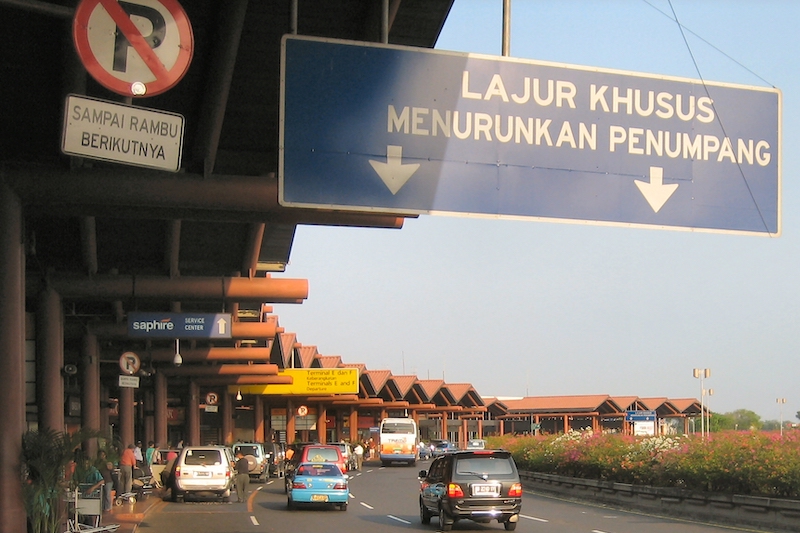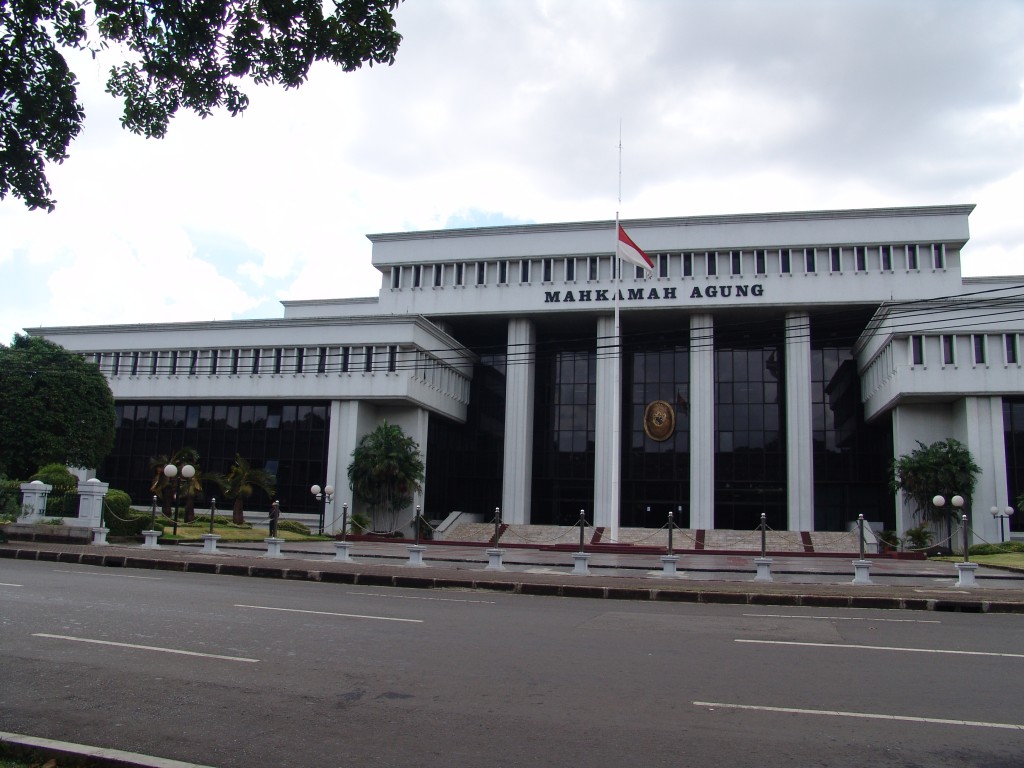 By Yohanes Masengi and Benedicta Frizka, Makarim & Taira S.
By Yohanes Masengi and Benedicta Frizka, Makarim & Taira S.
The government reportedly submitted its draft bill of the Omnibus Law on Job Creation (RUU Cipta Kerja) to the House of Representatives early in February 2020. This bill will become a part of the Omnibus Law to be issued by the government, along with draft bills on taxation, new capital and pharmacies. The concept adopts replacing or revoking or restating various provisions of various regulations in various sectors under a single umbrella law. This method is to result in the simplification of and harmony between the overhauled rules, by which it is expected that job creation and investment will be increased.
What the bill has to offer
RUU Cipta Kerja, as part of the proposed Indonesian Omnibus Law, is claimed to be one of the government’s efforts to accelerate economic growth through creating jobs, encouraging investment and increasing productivity. The draft bill adopts the following as points:
- Licensing simplification — this includes (i) simplifying various licensing procedures, including for location and spatial (zoning) permits, environmental licences, building permits; and (ii) implementing a risk-based analysis method in various sectors so that only high-risk businesses will need licences, while the others might only need simpler procedures (eg, registration, certification).
- Investment requirements — this includes introducing a list of the sectors prioritised for investment.
- Manpower — this aims to increase the productivity of Indonesian manpower and at the same time maintain and increase the welfare of existing employees by revisiting the rules on the minimum wage, the use of outsourcing, foreign employees, severance pay, working hours, etc.
- Empowerment and Protection of Micro, Small and Medium-scale Enterprises (MSMEs) — this introduces a single data base, rules on partnerships with MSMEs, incentives, etc.
- Ease of doing business — this aims to create a more friendly atmosphere for business actors by revisiting the rules on, among other things, immigration, intellectual property, oil and gas businesses, etc.
- Research and innovation support — this includes developing exports, assigning state-owned/private companies.
- Government administration — this covers the organisation of authorities, discretionary powers, norms, standards, procedures, criteria as well as the organisation of electronic systems and documents.
- Sanctions — this includes the removal of criminal sanctions for administrative (non-criminal) errors.
- Land procurement — this includes efforts to provide a simpler and faster procedure for land procurement as well as new provisions on the terms for which certain land titles can be held.
- Investment and government projects — this includes forming a sovereign wealth fund to administer state investments and efforts to make land procurement easier, including its licensing and funding.
- Economic zones — this includes efforts to provide a simpler procedure for licensing and granting incentives.
Pros and cons of the draft bill
Views on the draft bill are split on its possible impacts. Despite its esteemed proposed objectives, some believe that simplifying licensing may bring more harm than benefits. While some are concerned that the draft bill may eliminate key requirements, such as the environmental licence requirements and sanctions for administrative infringements, others are of the view that in fact the key requirements will not be removed but merely repackaged and reproduced, thereby accommodating business and investment without losing the essence of the requirements.
There has also been much discussion of the possibility of the draft bill violating the principle of regional autonomy. If indeed the draft bill delegates to the central government licensing which is actually within the authority of local authorities, it might risk a judicial review of the bill being requested. Similar may happen in the manpower and employment sector. Various sections of society, mostly groups of employees, feel the need to defend such rights as the minimum wage, severance entitlements, etc, which they find to might be weakened under the draft bill.
On one hand, it can be understood why the draft bill tries to address sensitive issues, such as those related to employment and land ownership, which have been the main challenge faced in the effort to boost investment for the development of the national economy. On the other hand, it must be ensured that this effort does not harm the core principles of regional autonomy, manpower or agrarian laws and regulations.
Conclusion
According to the Elucidation of RUU Cipta Kerja published by the Coordinating Ministry of the Economy of the Republic of Indonesia, in 2020 Indonesia ranks 73rd in the world in terms of ease of business, a long way below some other Asean countries, eg Singapore (ranks 2nd), Malaysia (12th) and Thailand (21st).
Notwithstanding the divided opinion on RUU Cipta Kerja, accommodating investments should be the government’s focus now that Indonesia is going to deal with various planned developments, which include the move of the capital city of Indonesia, the regional connectivity programme, tourism development and others. These proposed developments will rely heavily on the ease and attractiveness of investing in Indonesia, and RUU Cipta Kerja can be seen as an effort to support this idea.

E: Yohanes.Masengi@makarim.com
E: Benedicta.Frizka@makarim.com

























 Makarim & Taira S. (Old)
Makarim & Taira S. (Old) Rahayu Ningsih Hoed
Rahayu Ningsih Hoed







